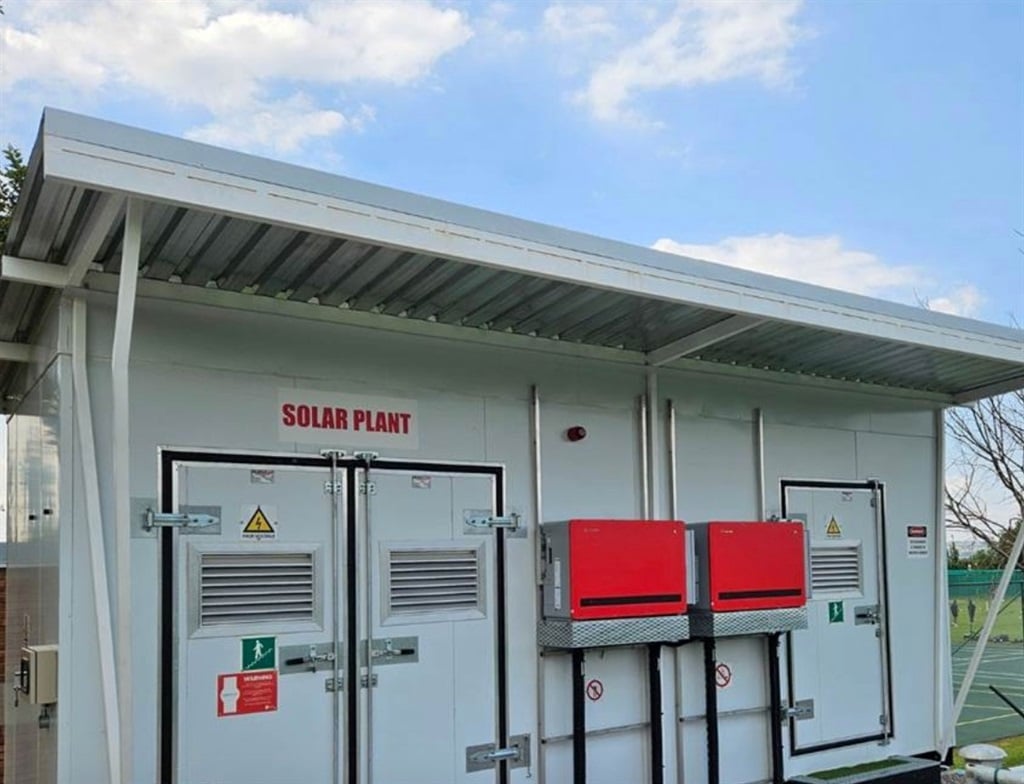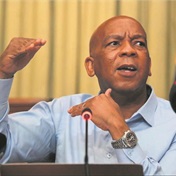
“The future of green energy in education looks promising, with a growing number of educational institutions adopting sustainable energy practices,” according to St. Peter’s College, a private school in Sunninghill, Johannesburg.
The college recently completed the installation of a 200KW photovoltaic system. It said solar power was more than just about clean energy and a way to reduce the carbon footprint, but it was an investment in the future of the country's children.
“At St Peter’s College, our decision to invest in solar energy goes way beyond mere functionality. Our state-of-the-art solar and battery storage facility, with a total capacity of 200KW PV, marks an important step on our journey towards sustainability and environmental responsibility,” said Rui Morais, headmaster of St Peter’s College.
READ: Lack of load shedding before polls a happy coincidence, but don't pack away your candles yet
The college follows in the footsteps of many businesses and institutions that have moved to alternative energy sources amid South Africa's ongoing energy crisis.
The National Energy Regulator of SA reported that the country installed about R11 billion worth of solar systems in the third quarter of last year alone. The regulator registered 98 new energy generation facilities with a capacity of 908MW, including seven for commercial purposes, during the same period.
Morais explained:
Transitioning to solar energy meant the college could spend less money on utility bills and more on what really mattered - educational programmes and improving school facilities and infrastructure. The school was also working on securing a reliable water supply.
“We’re also on our way to becoming water independent, with phase 1 of the installation of our domestic water tank storage system almost complete, providing our campus with a 300 000l water backup supply for occasions when our water supply is interrupted,” Morais said.
READ: 'No reason to celebrate Freedom Day', says DA's Msimanga as race for Gauteng premiership heats up
According to Rene Oosthuizen, a lecturer at Rhodes University's community engagement division, the increased installation of solar panels and water storage systems by educational institutions and individuals showed a concerning trend reflecting a lack of confidence in the government's ability to provide reliable services.
Oosthuizen said:
Oosthuizen added that for those unable to afford alternative solutions such as solar panels, boreholes or access to private security or healthcare, this situation exacerbated existing inequalities.
“I believe this underscores the urgent need for government intervention to address systemic issues and ensure equitable access to essential services for all citizens,” Oosthuizen said.
READ: Melrose Arch builds a sustainable future through good business practices
Oosthuizen added that while such initiatives driven by communities or institutions were commendable, “I believe they should not replace government's responsibility to ensure equitable access to essential services for all citizens”.
“There is a pressing need for all of us to demand more from government. Furthermore, it seems to me that the reliance on alternative solutions such as solar panels and water storage systems reflects a growing sense of self-reliance among communities and institutions.”
Oosthuizen said:
He also noted that the increasing uptake of alternative solutions raised questions about sustainability and long-term viability.
“While they may offer temporary relief, they do not address the underlying systemic issues that perpetuate the need for them in the first place. I hold a strong belief that government must address service delivery challenges and implement sustainable, evidence-based solutions that address the root causes of these problems,” Oosthuizen said.




 Publications
Publications
 Partners
Partners









